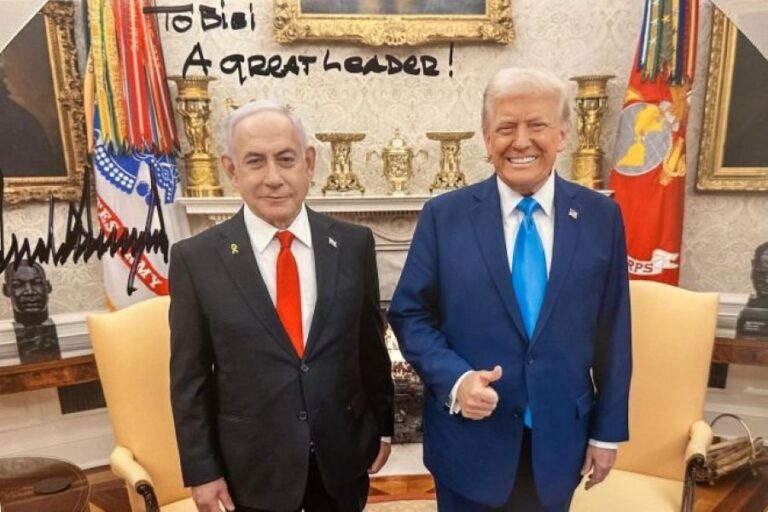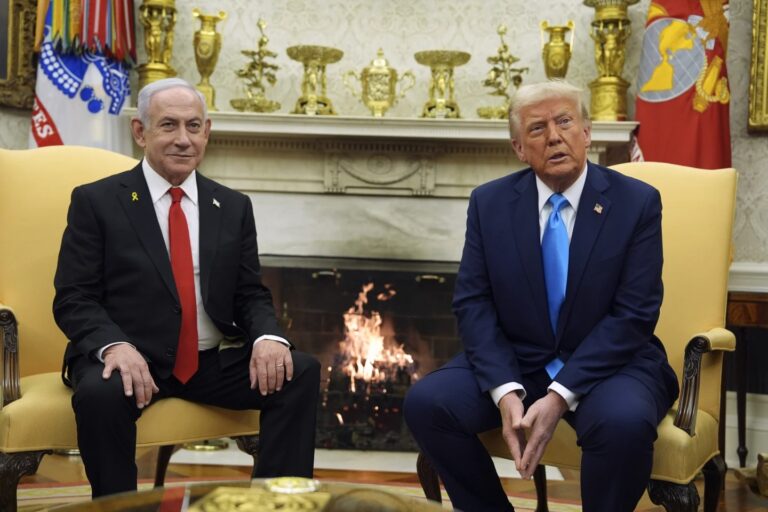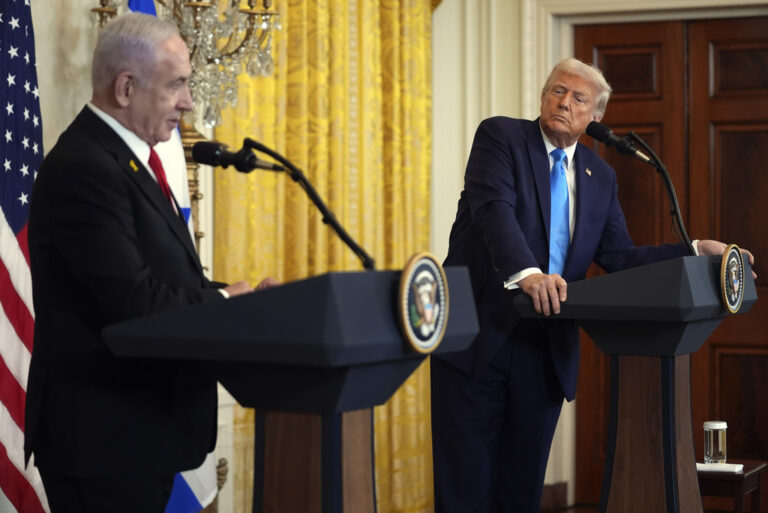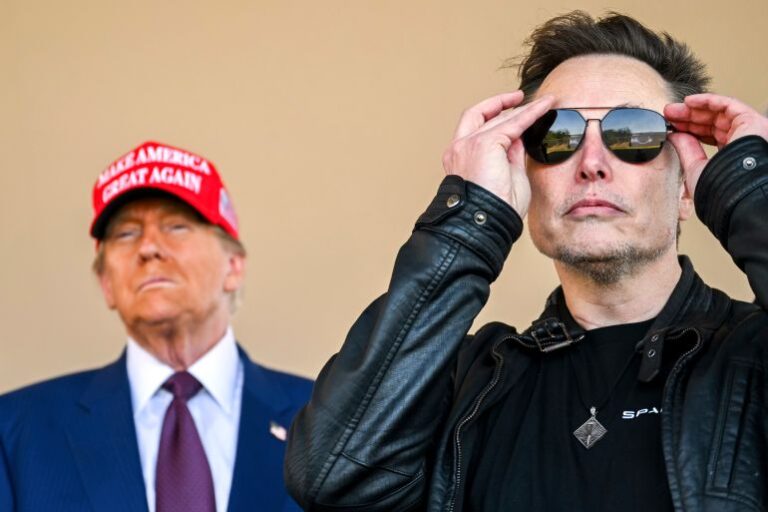President Reuven Rivlin on Monday evening 9 Tammuz addressed the opening session of the “Israel 2017: Thinking Differently” Conference in Tel Aviv, held by Makor Rishon newspaper.
The President spoke about the involvement of the national religious community in efforts for the sake of partnership and cooperation between the different communities in Israel, and of the necessity to take responsibility in an age when the ‘Four Tribes of Israel’ (chareidim, Arab, dati leumi, secular) are developing entirely separate education systems.
The President spoke of the changing of elites in Israeli society and said, “As a leading elite, we must ask ourselves, what is our vision? A vision of governance? Or a vision of responsible partnership?” He added, “How will we deal, for instance, with the fact that the army of the people, is becoming the army of half the people? Whether by control over the army, or perhaps the only way to deal with this challenge is to demand from each tribe to be responsible partners, and bring solutions to the table?” The President stressed that, “As today, it is clear to us that the utilization of Israeli manpower and talent, especially from the chareidi and Arab sectors, is the most significant engine of growth available to the State of Israel, which is the difference between an advanced country and the path to a foreseeable economic crash. Is control of the focuses of power in the economy, our key to the growth and prosperity of the Israeli economy? Or is it precisely the integration of Haredim and Arabs in the economy, even in key positions, that will ensure the future of the State of Israel?”
He continued, “There are those who claim that the ‘New Reality in Israel” as I described it, is post-Zionist. But, I ask you, are efforts to safeguard the economic future of the State of Israel ‘post-Zionist’? Are efforts to safeguard the security of the State of Israel, ‘post-Zionist’? I believe that the Zionist challenge of today, is to open Israel’s gates, also to non-Zionists. I believe that such efforts will not weaken the Zionist project, but if done considerately, will indeed strengthen the foundations of the State of Israel, as a Jewish and Democratic State. Do I think this is a simple task? No. Do I think it is possible? Yes. Possible and necessary.”
The President went on to speak about the Jews of the Diaspora as “Fifth Tribe” in a shared ‘Israelihood’, and referred to the issue of the relations between world Jewry and Jews in Israel. In doing so, he spoke about the only time he remembered his father had struck him. He told participants, “I remember the one and only time my father hit me. Close family had arrived to visit from the US, and I asked them why they did not immigrate to Israel. And I added, you see, Hitler will still get to you, and then my father hit me. That slap brought me to understand that at the root of the relationship between the different parts of the Jewish people – wherever they may be – needs to stand on one simple mutual demand: the demand for mutual responsibility, a commitment to the security, freedom, and well-being of my people. This demand to care, to be concerned, in a way that only occurs in a family, forces us to be greater than the sum of our parts. We cannot allow a harsh disagreement between us – and it is truly difficult, it is difficult also for me – to erode the very idea of the Jewish mutual responsibility. We have a challenge to place this relationship as a supreme value beyond debate – an axiom.”
Speaking about Israeli attitudes toward Diaspora Jews, the President said, “Many of us still do not see the strengthening of the relationship between Israel and the Diaspora as an issue at the root of the existence of the Jewish people, a mission which is part of our duty to the State of Israel as the state of the Jewish people. If we are to tell the truth, Israeli Jews see the Diaspora Jews, as reinforcements for Aliyah, or to be blunt, a deep pocket. This challenge is not just one for our brothers and sisters in the Diaspora to deal with,” said the President and added, “It is a challenge for secular Zionism, it is a challenge for the chareidi community, and it is a challenge for the national religious community, and among them, dati leumi, chareidim, and their leaders.”
President Rivlin spoke on the issue of conversion and the Kosel, and said, “Today, the situation is that we have brought together two issues, the issue of the Kosel and the issue of conversion, each of which has the potential to cause a deep rift. We must separate these two issues – on the issue of conversion it is hard to imagine how it will be possible to reach understandings on the subject. On the other hand, on the issue of the Kosel we have missed the opportunity for an agreement with the consultation and responsibility of the great rabbis of Israel.
“An outline that does not require any recognition of the streams of Judaism in any way, an outline that preserves the Kosel Plaza as a ‘synagogue’ that follows the rules of Jewish law. I regret that a process that was conducted in the ways of Beit Hillel was thwarted by a nucleus that acted in the ways of Beit Shammai. It was a courageous process that the Government was wise to lead, that could have strengthened the Jewish people had it been implemented. Over time, we will not be able to escape from returning to the table, to responsibly and with consideration arrive at an understanding on the issue of the Kosel. The Government, all its components and different voices, have the responsibility to find a solution to that will ensure harmony in the ‘Jewish and Israeli home’.”
(YWN – Israel Desk, Jerusalem)












3 Responses
again that ekelhafdigeh picture…
As long as the only Jewish tribe with positive population growth is discriminated against we are NOT post-Zionist.
Nicely vague. I’ll leave it at that.